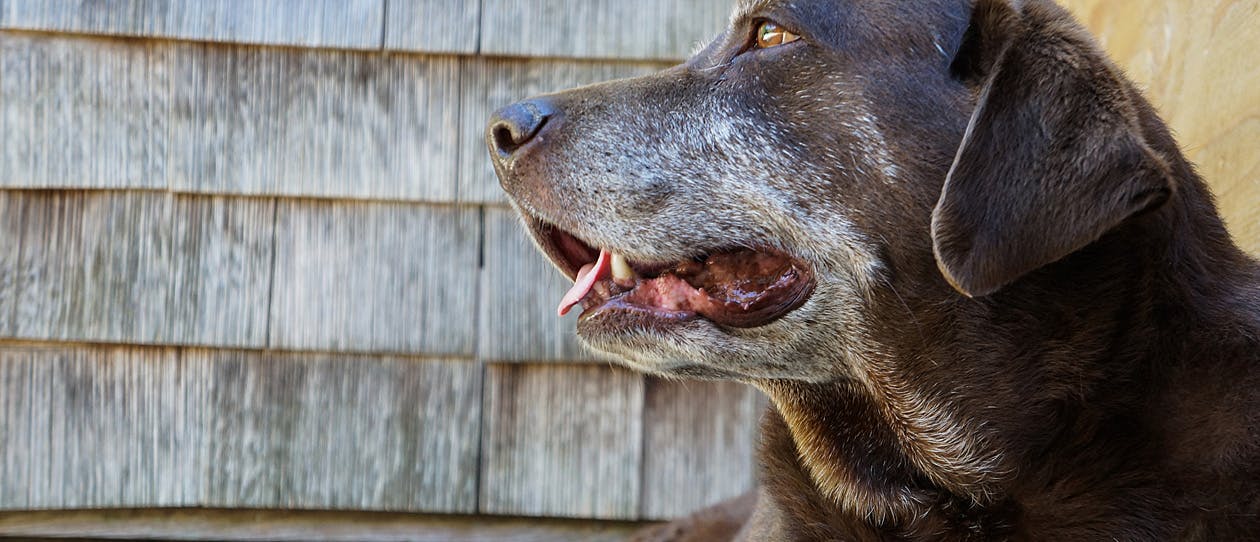Advances in modern medicine have seen dogs enjoy increasingly longer lifespans. Unfortunately, much like their humans counterparts, this also means a higher likelihood they’ll experience cognitive decline as they get older. Canine Cognitive Dysfunction Syndrome (CDS) is common in senior pets, yet remains underdiagnosed – experts report almost one-third of dogs 11-12 years of age show at least one clinical sign of CDS; with these stats rising to over two-thirds of dogs over the age of 15. The good news is, proper diagnosis means being able to help your old-timer better enjoy their final years.
What to look for
There’s a range of behaviours your aging pooch may display, including:
- loss of learnt behaviours such as toilet training
- confusion/disorientation such as staring into space or getting lost in corners
- not being as interactive socially with owners
- compulsive behaviours such as vocalisation for no apparent reason
- aggression
- change in sleep wake cycles such as increased sleeping during the day and restlessness at night
- changes in appetite
Getting a diagnosis
If you notice your pet displaying any of these behaviours, take them to your vet for a thorough check up. Diagnosing CDS is an exercise in exclusion with dogs, as the symptoms are the same as a wide range of illnesses and injuries also common in old age – for example, loss of appetite could be indicative of gum disease, and lack of interest in ‘walkies’ may have more to do with arthritis that CDS.
Your vet can perform a thorough medical work up, which will likely include a complete physical examination and bloodwork, to rule out any other causes of the behavioural changes.
Prevention and treatment of CDS
Keeping your pet as physically active as their health allows is good for their mental and physical wellbeing, and sticking to a routine with toileting, exercising, meals and bedtime can be helpful if CDS starts to develop. Your vet may recommend medications and other measures depending on the specific symptoms they are experiencing – for example, a night light may be helpful for dogs that become anxious and disoriented in the dark.
Increasing evidence suggests that supplementation with docosahexaenoic acid (DHA), antioxidants and other key nutrients can slow the decline in cognitive function in senior pets, by reducing oxidative damage and slow the progression of neuronal damage.
RELATED PRODUCTS:
- PAW Senior Vitality
A tasty powder containing a blend of antioxidants, vitamins, minerals and nutrients to help support brain, eye and immune health in senior dogs.


